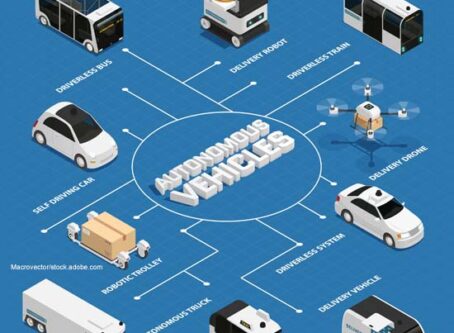Zero-emission trucks addressed at SC Ports and U.S. House
With the Biden administration focusing on zero-emission vehicles, the move toward zero-emission trucks is picking up speed. South Carolina ports are looking to clean trucks, and a bill introduced in the House would allocate half a billion dollars for a voucher program.
South Carolina Ports’ zero-emission truck grant
On Thursday, South Carolina Ports announced it has received a $1.3 million grant to replace diesel trucks with all-electric, energy-efficient trucks.
SC Ports received the zero-emission truck funding through the U.S. Environmental Protection Agency’s Diesel Emissions Reduction Act (DERA) grant. According to a news release, SC Ports will use the funding to partner with A&R Logistics and Benore Logistic Systems. Grant money will be used to replace eight diesel trucks with zero-emission, battery electric-powered trucks. Zero-emission trucks will be manufactured by Peterbilt.
A&R Logistics will deploy two of the eight zero-emission trucks. One will move cargo between its new 615,000 square foot facility in Moncks Corner and the Port of Charleston. The other truck will operate in the Savannah area.
Benore will have the remaining six zero-emission trucks. Those will move cargo from a BMW plant to SC Ports’ rail-served Inland Port Greer.
“The ability to move cargo with all-electric trucks significantly reduces emissions in the surrounding communities, which positively impacts residents and businesses,” SC Ports Permitting Manager Mark Messersmith said in a statement. “SC Ports is focused on improving air quality in the communities in which it operates through a variety of emissions-reducing programs, such as this innovative electric vehicle initiative. SC Ports anticipates that the efforts of Benore and A&R will showcase the benefits of these electric vehicle trucks and provide a catalyst for other trucking companies.”
STEER Act $500M zero-emission truck voucher program
Meanwhile in Congress, a bill introduced in the House seeks to add more financial support for carriers looking to move to zero-emission trucks.
On July 29, Rep. Rodney Davis, R-Ill., introduced HR4810, also referred to as the Supporting Trucking Efficiency and Emission Reductions (STEER) Act. According to a news release, the STEER Act establishes a Department of Energy voucher program that assists truckers in purchasing and installing fuel-saving, emission-reducing technologies.
Specifically, the voucher program covers expenditures associated with adopting fuel-efficient technologies on Class 8 trucks.
Unlike similar voucher programs in California, the STEER Act is mostly for retrofitting zero-emission truck technologies on existing trucks. California’s Hybrid and Zero-Emission Truck and Bus Voucher Incentive Project, also known as HVIP, offers incentives up to $120,000 to purchase new zero-emission trucks. STEER Act voucher amounts will cover the lesser of:
- $4,000 or 75% of total costs per unit for fleets operating 10 trucks or less.
- $3,500 or 72.5% of total costs per unit for fleets operating 50 trucks or less.
- $3,000 or 70% of total costs per unit for fleets operating 100 trucks or less.
- $2,500 or 67.5% of total costs per unit for fleets operating more than 101 trucks.
If enacted, the Department of Energy will publish a list of emission-reducing active technologies eligible for the program on a website. “Emission-reducing active technologies” is defined as “any physical alterations of a Class 8 truck that can be installed as a retrofit and that adapt automatically to control vehicle performance factors and improve fuel efficiency, including active aerodynamic, active rolling resistance, dynamic axle lift control, non-APU active idle reduction, and other such emerging improvements.”
“We can reduce fuel consumption and emissions in the transportation industry without enacting costly environmental mandates on American companies and workers,” Rep. Davis said in a statement. “That’s why I’m introducing the STEER Act. It’s commonsense, market-driven ideas like my legislation, not heavy-handed policies from Washington that will protect American workers and our environment without destroying our economy.”
The bill is asking for $100 million for each of fiscal years 2022 through 2026. LL









